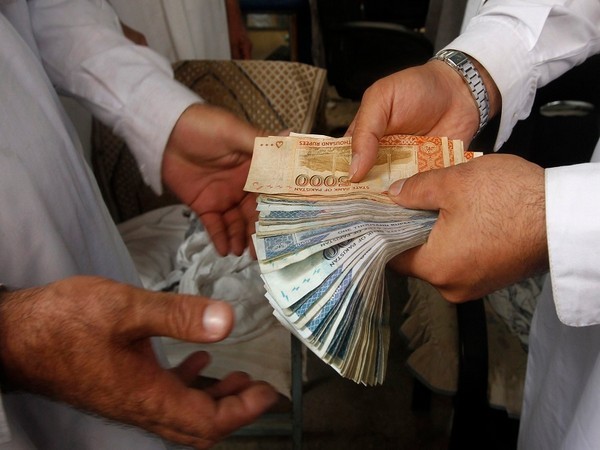Half of Pakistan’s income owned by 20 percent of population

Around 20 per cent of the population holds half of the total income generated in Pakistan, saidUnited Nations Development Programme (UNDP) Pakistan’s resident representative Knut Ostbyduring a session on human development and inequality on Saturday.The speakers at the session titled, Human Development and Inequality, of the first internationalconference on economics and sustainable development hosted online by the Institute of BusinessAdministration (IBA), called for the redressal of systemic flaws that have led to a rise in incomeinequality in Pakistan.The panellists expressed that the issues of inequality must be understood in terms of wealth andownership in the economy, and discourse on fighting inequality must be along the lines of foreigninfluences, gender disparity and social mobility.The session, held in collaboration with the United Nations Development Programme (UNDP), beganwith opening remarks by Ostby, who emphasised the need to understand economic situationsthrough the lens of power, policy and people.To address inequality in Pakistan, he stressed on thinking of sustainable growth in lines with incomeand social mobility.The panel also featured Special Assistant to the Prime Minister (SAPM) on Social Protection andPoverty Alleviation Dr Sania Nishtar, senior researcher at the Collective for Social Science ResearchAyesha Khan, SAPM on Revenue Dr Waqar Masood Khan, IBA executive director Dr Akbar Zaidi.Adding to Ostby’s remarks, Dr Zaidi emphasised on the factor of land ownership and the influencelandowners have on the country’s politics – and by extension, in policy-making.Dr Masood posed the question of fiscal policies and factors that contributed to inequality in thecountry. He argued that financial exclusion, which refers to a lack of financial services such as credittransfers and loan facilities, was a major contributor to inequality.
Tags: Pakistan, finance, United Nations Development Programme, economy






